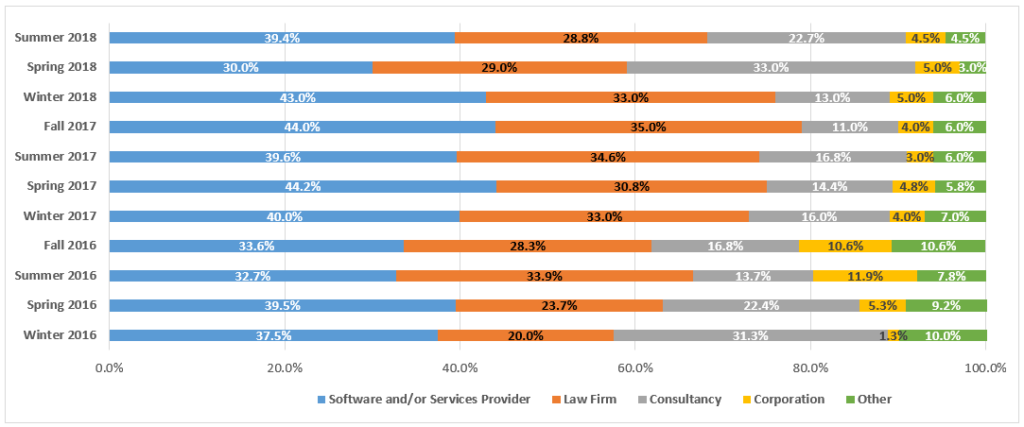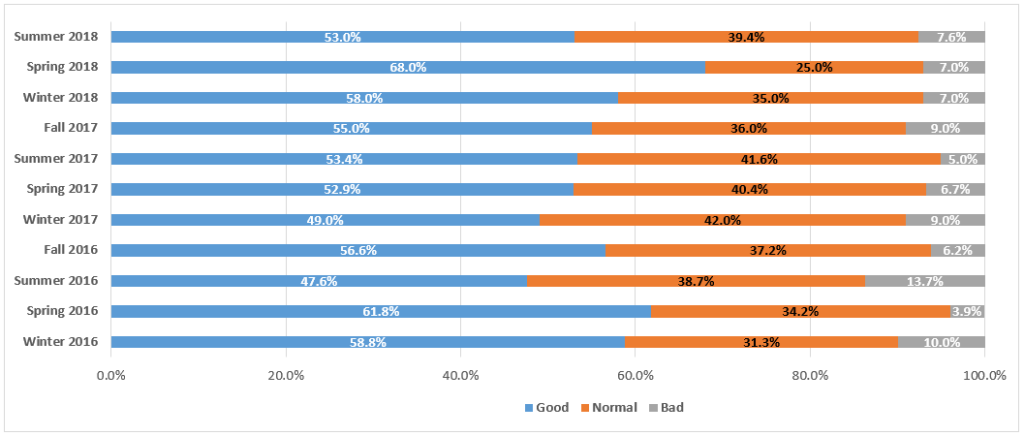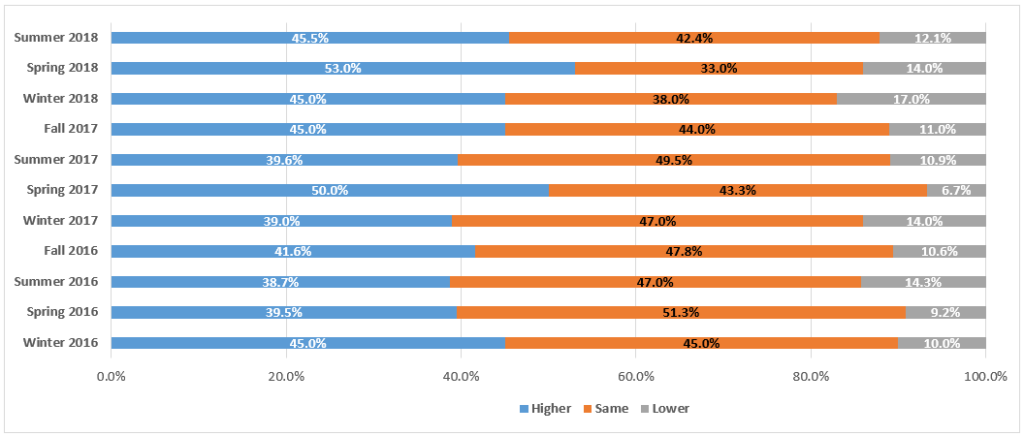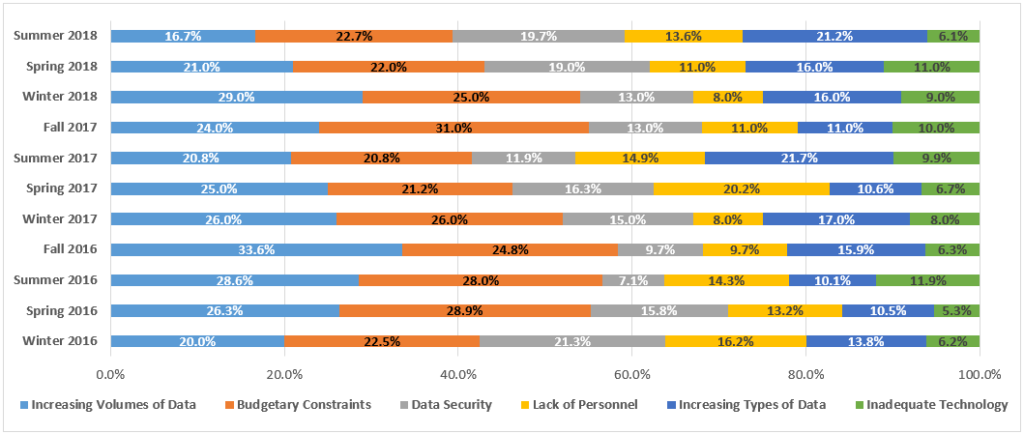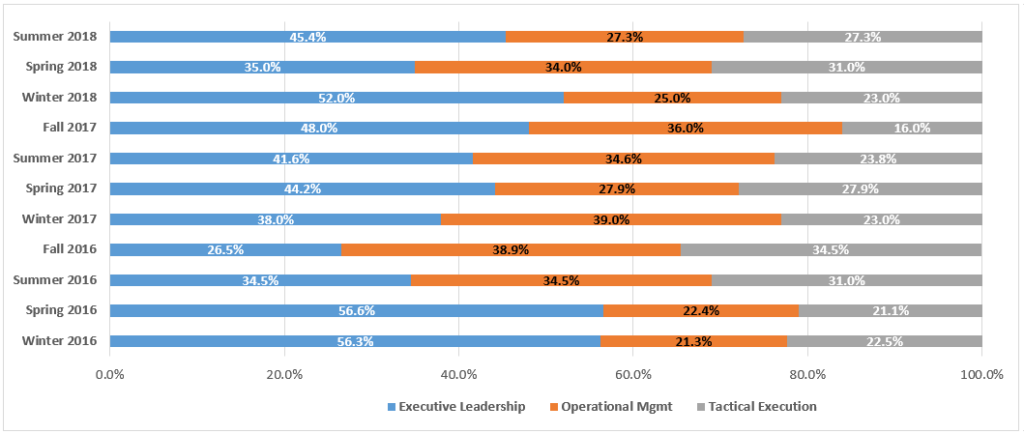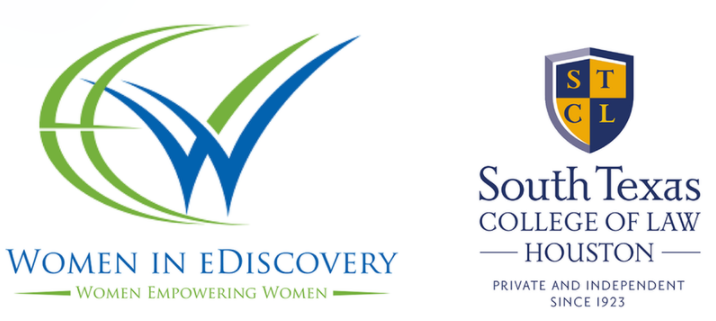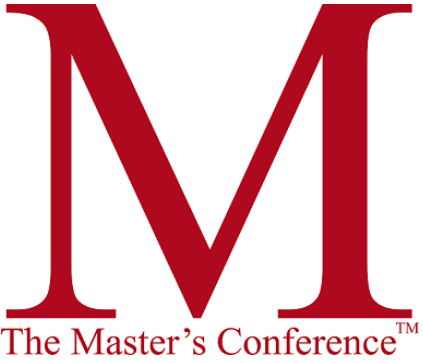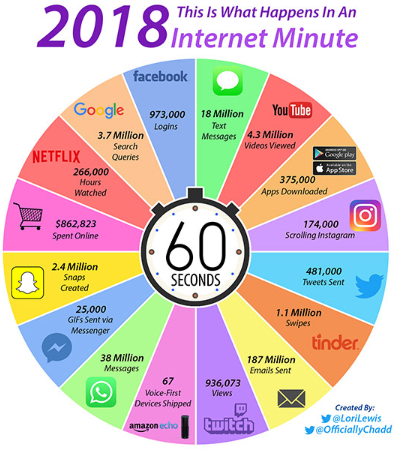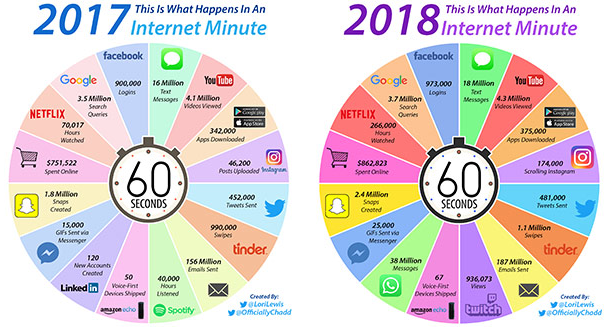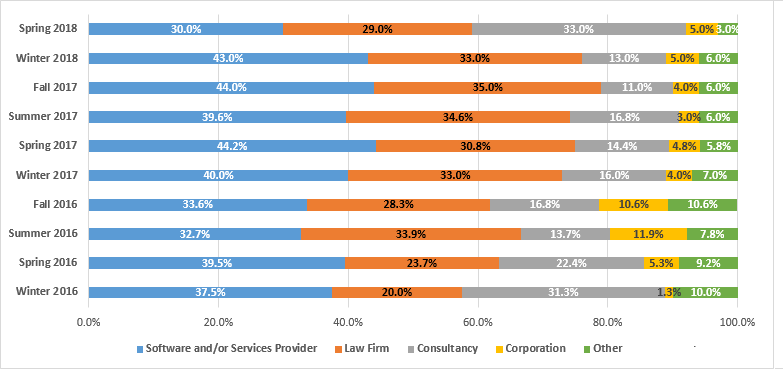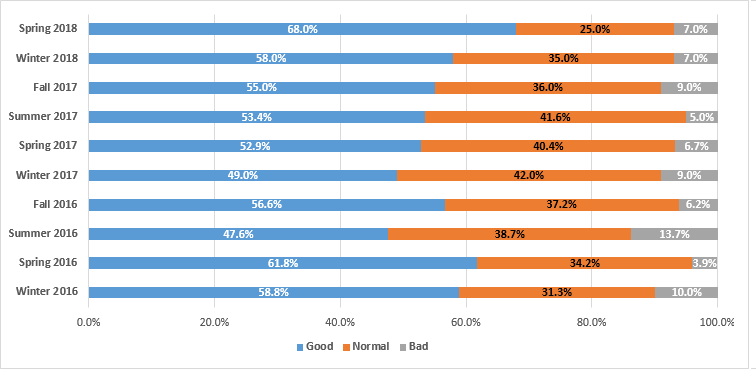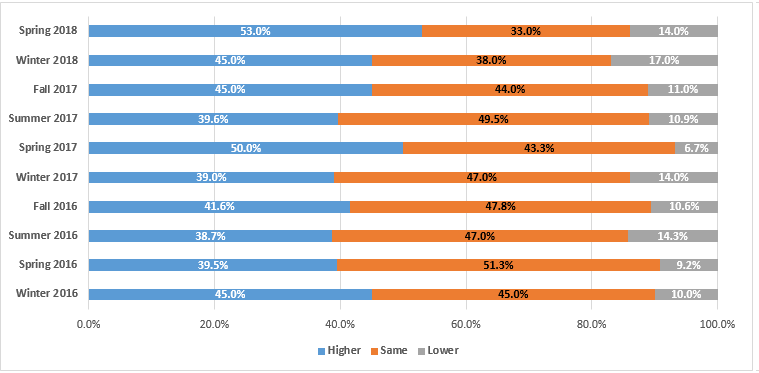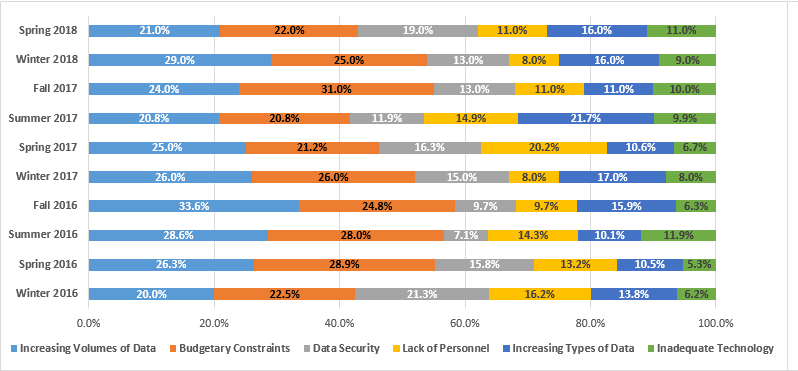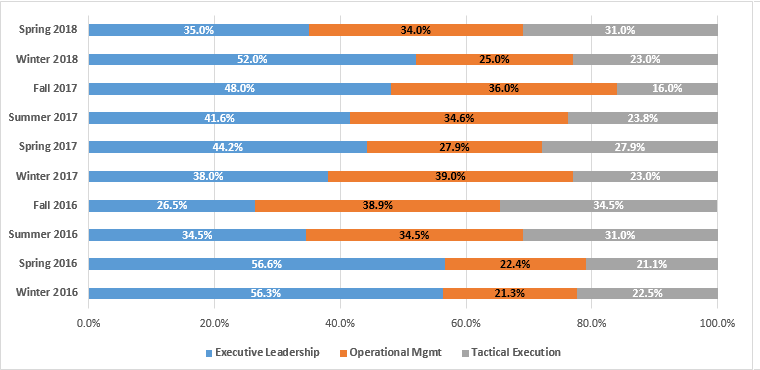Investment is Changing the eDiscovery Market as We Speak: eDiscovery Trends
Yesterday, we talked about how eDiscovery business confidence seems to tend to take a downturn every summer. But, when it comes to private equity firms’ investment in eDiscovery companies, eDiscovery business confidence seems to be stronger than ever.
As reported in LegalTech News (E-Discovery Market’s Demand Attracting More Investors Than Ever Before, written by Rhys Dipshan), the author notes that over the past few years, private equity firms have invested in over a dozen eDiscovery companies. Since January 2018, have played a leading role in reshaping the eDiscovery market. Some examples:
- Xact Data Discovery was acquired by private equity firm JLL Partners in January 2018;
- San Francisco-based private equity firm GI Partners was behind the March 2018 merger of Consilio and Advanced Discovery;
- In October 2017, Knox Capital led a funding round for eDiscovery and forensics provider HaystackID, which then supported HaystackID’s April 2018 acquisition of Envision Discovery and Inspired Review;
- In late May 2018, another New York City-based private equity firm, Leeds Equity Partners, also moved into the e-discovery industry by investing in Exterro. While the exact investment amount was not disclosed, Exterro told Legaltech News it was a “nine figure deal”;
- And yet another private equity firm, Peak Rock Capital, invested in eDiscovery company (and sponsor of this blog) CloudNine and helped fund its March 2018 acquisition of the LexisNexis eDiscovery product suite. A spokesperson for Peak Rock Capital said the firm invested in the CloudNine because it “saw great potential in CloudNine as a high growth software-as-a-service provider of processing and review solutions.”
So, what’s behind private equity’s appetite for all things eDiscovery? The author states that “[a]t its core, it stems from private equity’s belief that demand for e-discovery technology and services remain strong for years to come.”
Private equity firms seem not to be too worried that their eDiscovery picks will be crowded out of the market anytime soon. Peak Rock Capital, for instance, believes that there “is ample demand in the growing e-discovery segment. There’s been consolidation on the services side, but the market is quite large, and we continue to see robust demand from new customers.”
As I’ve noted several times on this blog, a great resource for a list of mergers, acquisitions and investments is Rob Robinson’s Complex Discovery blog where he lists industry transactions back as far as November 2001 – which is even before Kroll acquired Ontrack! Now, both names are absorbed in acquisition. We’ve certainly seen several large transactions over the years, but if you look at the most recent transactions (since May 1, 2018), we have at least three “nine figure deals” in the last nine months. That’s big business!
So, what do you think? Are you surprised in the amount of investment in the eDiscovery industry? Please share any comments you might have or if you’d like to know more about a particular topic.

Sponsor: This blog is sponsored by CloudNine, which is a data and legal discovery technology company with proven expertise in simplifying and automating the discovery of data for audits, investigations, and litigation. Used by legal and business customers worldwide including more than 50 of the top 250 Am Law firms and many of the world’s leading corporations, CloudNine’s eDiscovery automation software and services help customers gain insight and intelligence on electronic data.
Disclaimer: The views represented herein are exclusively the views of the author, and do not necessarily represent the views held by CloudNine. eDiscovery Daily is made available by CloudNine solely for educational purposes to provide general information about general eDiscovery principles and not to provide specific legal advice applicable to any particular circumstance. eDiscovery Daily should not be used as a substitute for competent legal advice from a lawyer you have retained and who has agreed to represent you.



